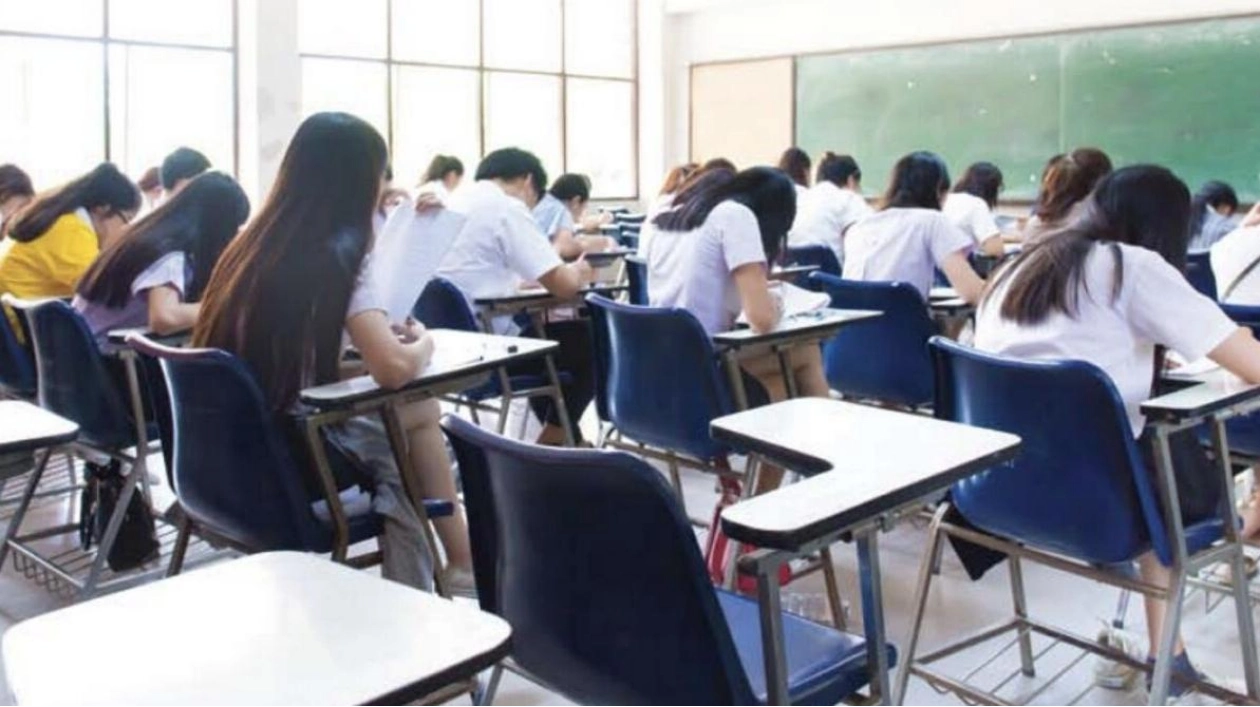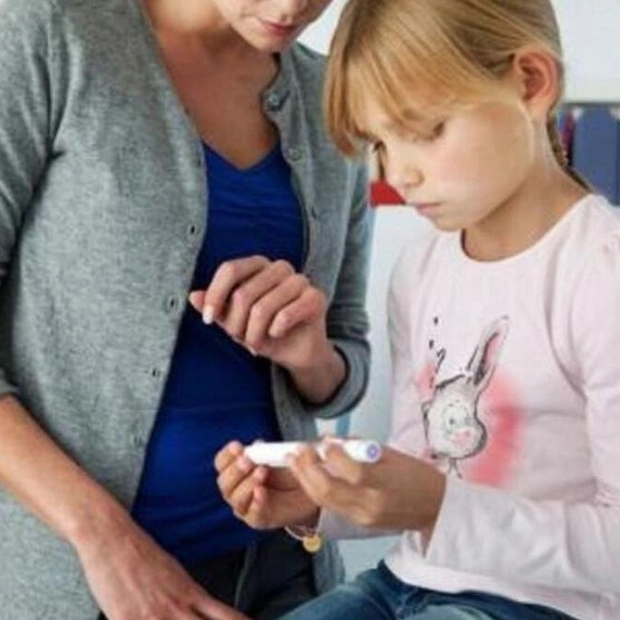Parents and students in the UAE's public schools have expressed their approval for the decision to replace exams with skills-based evaluations for certain students. Instead of traditional written exams, students in grades 5 to 8 will undergo project-based assessments during the second term of this academic year. This decision was announced by Sarah Al Amiri, the Minister of State for Public Education and Advanced Technology, who highlighted that the new evaluation methods will be introduced gradually to ensure a smooth transition for public schools.
Emirati student Fatima Al Matar Al Mansouri, who is about to enter seventh grade, expressed her excitement about the change: “I’m thrilled that we’ll now have the chance to be creative rather than dealing with stressful exams!” She believes that projects will enhance her understanding of the material and allow her to apply her learning in practical situations. Fatima also hopes for individual projects to ensure fair reflection of everyone’s understanding, as exams often cause anxiety and lead to forgetting crucial information.
Minister Sarah Al Amiri emphasized that the new evaluation framework “focuses on students' skills and helps them apply theoretical knowledge in practice, thereby enriching their learning outcomes.” This shift has generated excitement among students, who view it as an opportunity to engage in hands-on activities and showcase their creativity.
The slight move away from exams for a semester has also sparked interest among students who look forward to having more free time for outdoor activities and hobbies. Fares Al Mazmi, a 12-year-old eighth grader, welcomed the change, stating, “This is great as it will help me improve my grades. I often miss out on outdoor activities due to the difficulty of memorization, which requires hours of study. Now, I can spend less time studying and focus more on projects, preferring practical work over theoretical work.” Dalal Al Noufali, an 11-year-old sixth grader, also supported the new system, finding it much better than exams, which she always found challenging.
Parents have largely supported these changes, believing they will enhance their children's intellectual and creative skills. Shamsa Al Ali, a retired teacher with a son in sixth grade, praised the program, noting that it reduces the theoretical aspect and focuses more on practical learning, boosting her son's enthusiasm and allowing practical application of his learning at home. Intisar Ali, a parent of an eighth grader, enthusiastically supported the substitution of exams with projects, believing it aids in development and encourages hands-on learning, which she sees as beneficial for her son's future educational path.
As excitement grows among parents and students about the new assessment model, details regarding how student projects will be evaluated and implemented remain undisclosed by the minister.






